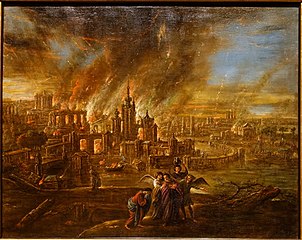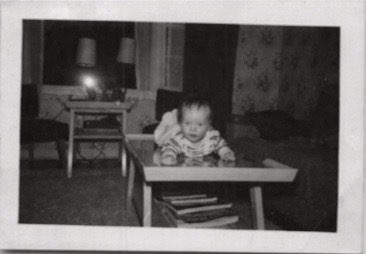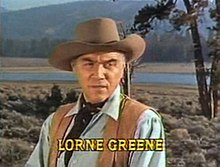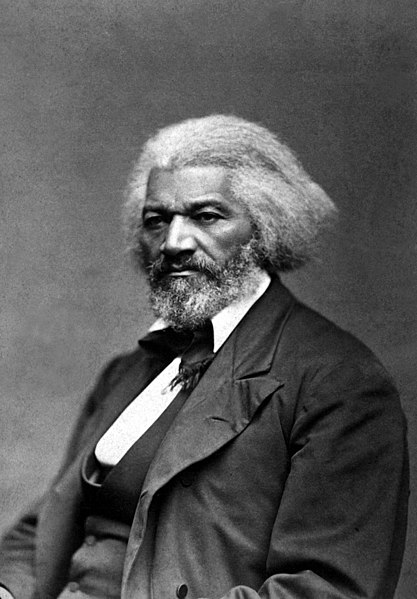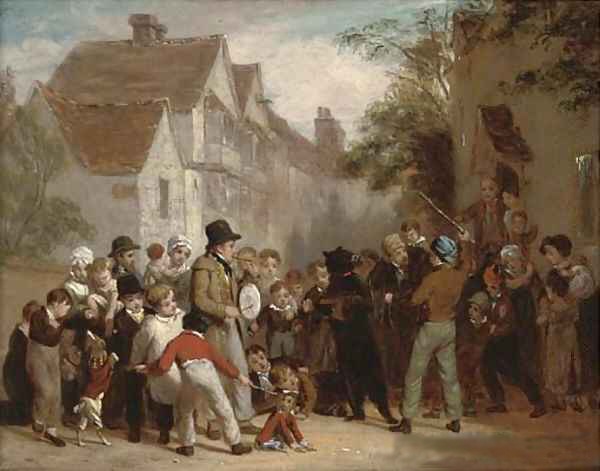Since Advent begins today, it seems appropriate to turn our attention to the infancy narratives found in the first two chapters of Matthew and Luke.
When we study these scriptures, we typically skip over the verses at the beginning, which deal with the Savior’s ancestry. I imagine we do this because we assume they do nothing more than recite Christ’s lineage, just like the family trees we create on Ancestry.com and FamilySearch.org. We also may be a bit perplexed by the numerous differences between Matthew and Luke’s genealogies.
Continue reading “The Lineage of Christ Jesus”
